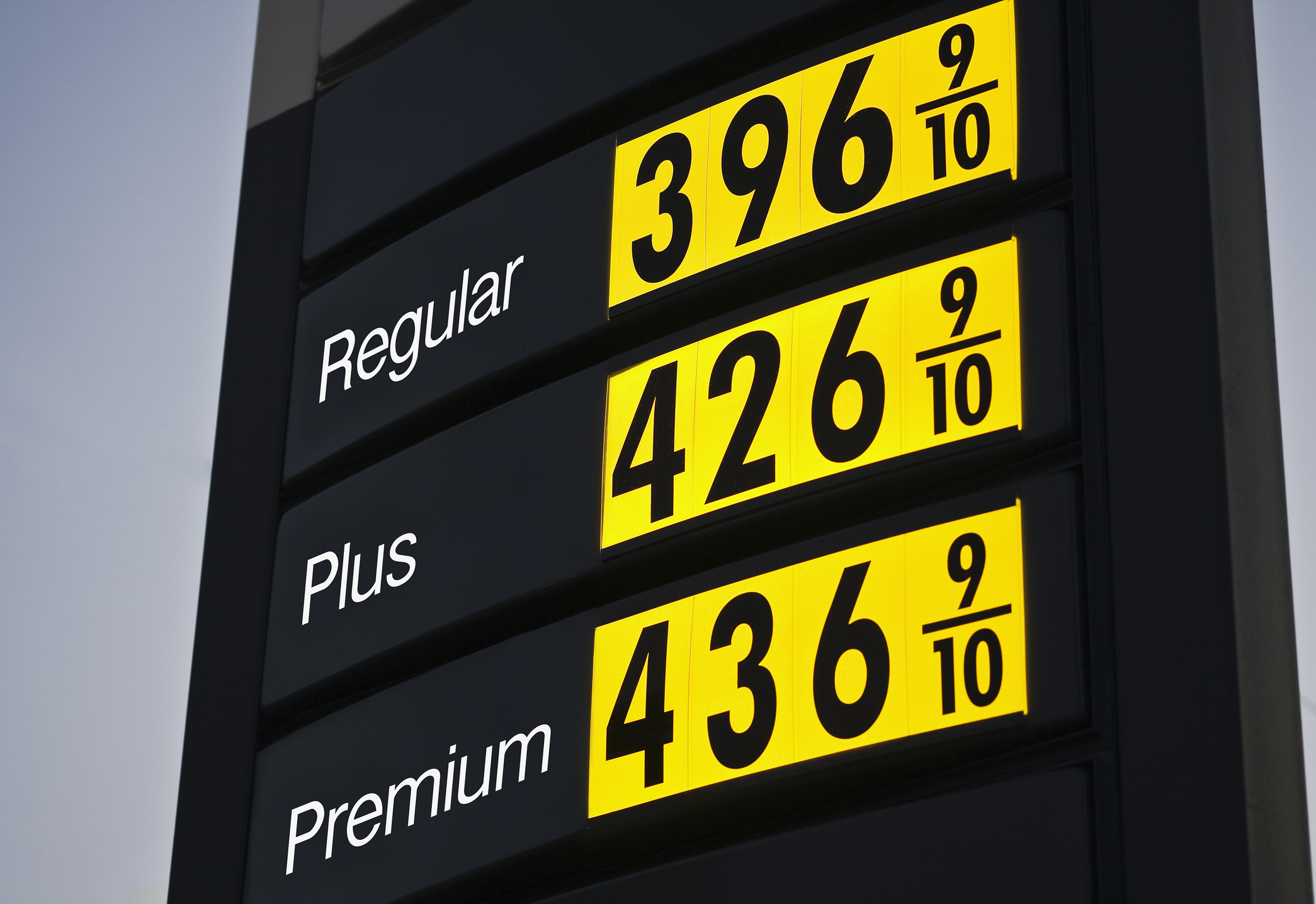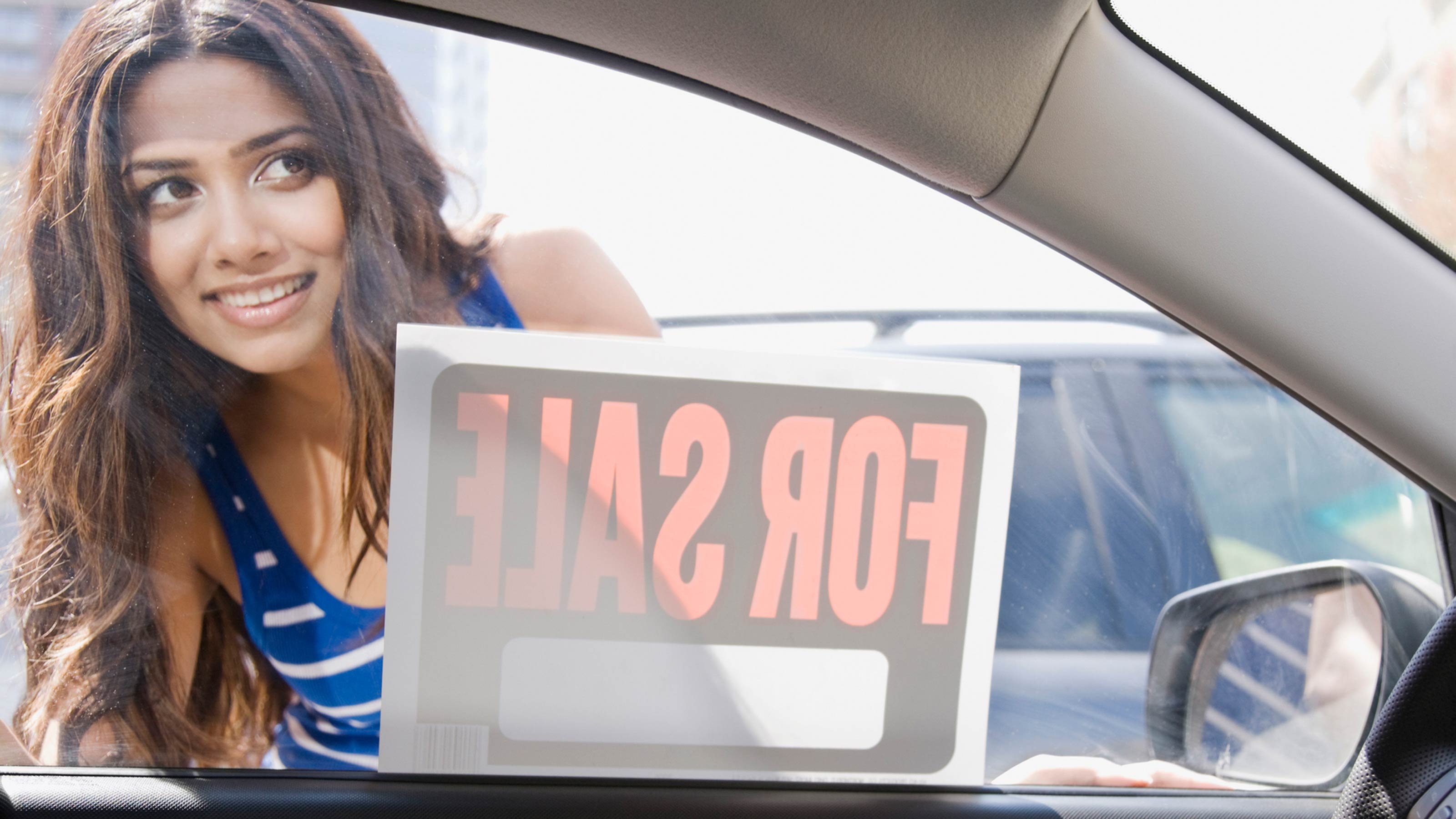In Search of the Real Dealer Cost
Knowledge will give you the power to drive a good deal.

Profit and prosper with the best of Kiplinger's advice on investing, taxes, retirement, personal finance and much more. Delivered daily. Enter your email in the box and click Sign Me Up.
You are now subscribed
Your newsletter sign-up was successful
Want to add more newsletters?

Delivered daily
Kiplinger Today
Profit and prosper with the best of Kiplinger's advice on investing, taxes, retirement, personal finance and much more delivered daily. Smart money moves start here.

Sent five days a week
Kiplinger A Step Ahead
Get practical help to make better financial decisions in your everyday life, from spending to savings on top deals.

Delivered daily
Kiplinger Closing Bell
Get today's biggest financial and investing headlines delivered to your inbox every day the U.S. stock market is open.

Sent twice a week
Kiplinger Adviser Intel
Financial pros across the country share best practices and fresh tactics to preserve and grow your wealth.

Delivered weekly
Kiplinger Tax Tips
Trim your federal and state tax bills with practical tax-planning and tax-cutting strategies.

Sent twice a week
Kiplinger Retirement Tips
Your twice-a-week guide to planning and enjoying a financially secure and richly rewarding retirement

Sent bimonthly.
Kiplinger Adviser Angle
Insights for advisers, wealth managers and other financial professionals.

Sent twice a week
Kiplinger Investing Weekly
Your twice-a-week roundup of promising stocks, funds, companies and industries you should consider, ones you should avoid, and why.

Sent weekly for six weeks
Kiplinger Invest for Retirement
Your step-by-step six-part series on how to invest for retirement, from devising a successful strategy to exactly which investments to choose.
Most new-car shoppers know that invoice price is a bargain. But does that mean the dealer makes no money? And how can dealers sell cars below invoice?
The true dealer cost is decidedly less than the invoice price, although exactly how much a dealer pays a carmaker for a vehicle is an elusive figure. We set out to determine the true dealer cost.
Elusive numbers. "The auto industry is the only business in which the term invoice doesn't actually define cost," says Jesse Toprak, of TrueCar.com, an automotive-data company. For example, the invoice price does not reflect the holdback, a discount the dealer gets from the manufacturer that the dealer uses to help pay the cost of financing its cars. Dealers may also get cash from the manufacturer to move certain models. The thinking is that dealers know the best way to close a sale, and they can use any or all of the cash to help get the deal done. But, says Toprak, "if you know the incentive exists, you'll likely get 100% of it."
From just $107.88 $24.99 for Kiplinger Personal Finance
Become a smarter, better informed investor. Subscribe from just $107.88 $24.99, plus get up to 4 Special Issues

Sign up for Kiplinger’s Free Newsletters
Profit and prosper with the best of expert advice on investing, taxes, retirement, personal finance and more - straight to your e-mail.
Profit and prosper with the best of expert advice - straight to your e-mail.
TrueCar.com lists the holdback and dealer incentives in its price report for each vehicle. The report, which is free, also shows the site's best estimate of the actual dealer cost, the higher, factory-invoice price and the average price that buyers are paying. Say you're shopping for a 2010 Volvo V70 wagon. The sticker price is $34,400 and the invoice price is $32,887. But the site's TrueCost is $4,000 below invoice, after subtracting $1,000 for the holdback and $3,000 for dealer incentives.
Dealers may also benefit from other carmaker-to-dealer kickbacks, such as carryover (for selling last year's models to make room for new inventory), volume bonuses (for moving a lot of cars) and customer-satisfaction bonuses (for high scores on customer surveys).
Knowing the dealer's actual cost and potential profit can help you drive home a bargain. But to get the best deal, make dealers compete for your business. "You don't need to be an expert," says Robert Ellis, of CarBargains, the car-buying service of the nonprofit Consumers' Checkbook organization. Pit dealers against each other -- all the dealers in your area will be working with the same holdback and dealer cash incentives.
You can follow Car-Bargains' strategy yourself: Approach several dealers, but ask to speak with one of the managers -- they know the bottom line better than the salespeople and care more about volume than commission. Solicit bids from them over the phone or via e-mail. Use the invoice price of both the vehicle and options to compare deals. Or for $200, CarBargains (www.carbargains.com) will get bids from five dealers in your area on the car you specify.
Good fees, bad fees. Legitimate fees are listed on the factory invoice, which the dealer should share with you. These are fees that the dealer has to pay to the manufacturer and is passing along to you, including the destination fee (the cost to transport the vehicle to the dealer) and the carmaker's regional advertising fee. TrueCar.com includes this in its invoice and TrueCost figures. You may also be stuck with administrative fees and fuel charges if they're listed.
A few fees inhabit a gray area -- you'll likely have to pay them, but you might be able to negotiate. The document fee is one example. Some states regulate it; others don't. California does and sets the fee at $55. But dealers in Florida may charge several hundred dollars. Find out what other dealers charge -- the dealer may reduce its fee to match the local competition.
Some fees you should never pay because they are part of the cost of doing business. They include floor-plan fees (the cost to hold inventory at the dealership) and vehicle-preparation fees (for cleaning, removing plastic and checking fluids). Any fee listed only as an acronym should raise a red flag. If it doesn't show up on the factory invoice, don't pay it.
Profit and prosper with the best of Kiplinger's advice on investing, taxes, retirement, personal finance and much more. Delivered daily. Enter your email in the box and click Sign Me Up.

-
 Stocks Sink With Alphabet, Bitcoin: Stock Market Today
Stocks Sink With Alphabet, Bitcoin: Stock Market TodayA dismal round of jobs data did little to lift sentiment on Thursday.
-
 Betting on Super Bowl 2026? New IRS Tax Changes Could Cost You
Betting on Super Bowl 2026? New IRS Tax Changes Could Cost YouTaxable Income When Super Bowl LX hype fades, some fans may be surprised to learn that sports betting tax rules have shifted.
-
 How Much It Costs to Host a Super Bowl Party in 2026
How Much It Costs to Host a Super Bowl Party in 2026Hosting a Super Bowl party in 2026 could cost you. Here's a breakdown of food, drink and entertainment costs — plus ways to save.
-
 10 Things You Should Know About Buying a Car Today, Even if You've Bought Before
10 Things You Should Know About Buying a Car Today, Even if You've Bought BeforeIf buying a car is on your to-do list, and it's been a while since you went shopping for a new one, this guide will help avoid any nasty shocks in the showroom.
-
 Get the Best Car Deal in Retirement: Here's the Trick
Get the Best Car Deal in Retirement: Here's the TrickPlanning on shopping for a new car this Labor Day weekend? Here’s how to haggle for a better price, even though you're retired.
-
 7 Gas-Saving Tips That Actually Work
7 Gas-Saving Tips That Actually WorkThese are gas-saving tips that will actually work for you and your car this year.
-
 Want to Lease an EV? The Tax Credit 'Loophole' for That Is Going Away Soon
Want to Lease an EV? The Tax Credit 'Loophole' for That Is Going Away SoonTax Credits If you are deciding whether to lease or buy an electric vehicle, here is what you need to know about how the EV lease tax credit works now that it will be eliminated under Trump's new tax law.
-
 Car Buying in a Topsy-Turvy Market
Car Buying in a Topsy-Turvy MarketYou need a new car? Good luck with that! What should you do? We've got some answers.
-
 Watch Out for Flood-Damaged Cars from Hurricane Ian
Watch Out for Flood-Damaged Cars from Hurricane IanBuying & Leasing a Car In the wake of Hurricane Ian, more flood-damaged cars may hit the market. Car prices may rise further because of increased demand as well.
-
 Car Buyers: The 3-Day Grace Period Is Just a Myth!
Car Buyers: The 3-Day Grace Period Is Just a Myth!Buying & Leasing a Car Many car buyers think they have three days after making a purchase to return a car. Here’s where they’re going wrong, and what they should do instead to get a decent used car.
-
 PODCAST: Car-Buying in an Inflated Market with Jenni Newman
PODCAST: Car-Buying in an Inflated Market with Jenni NewmanBuying & Leasing a Car With cars both scarce and expensive these days, what to do if you want – or need – a new ride? Car-buying strategist Jenni Newman of Cars.com shares some tips. Also, more on the magical 9% savings bond.